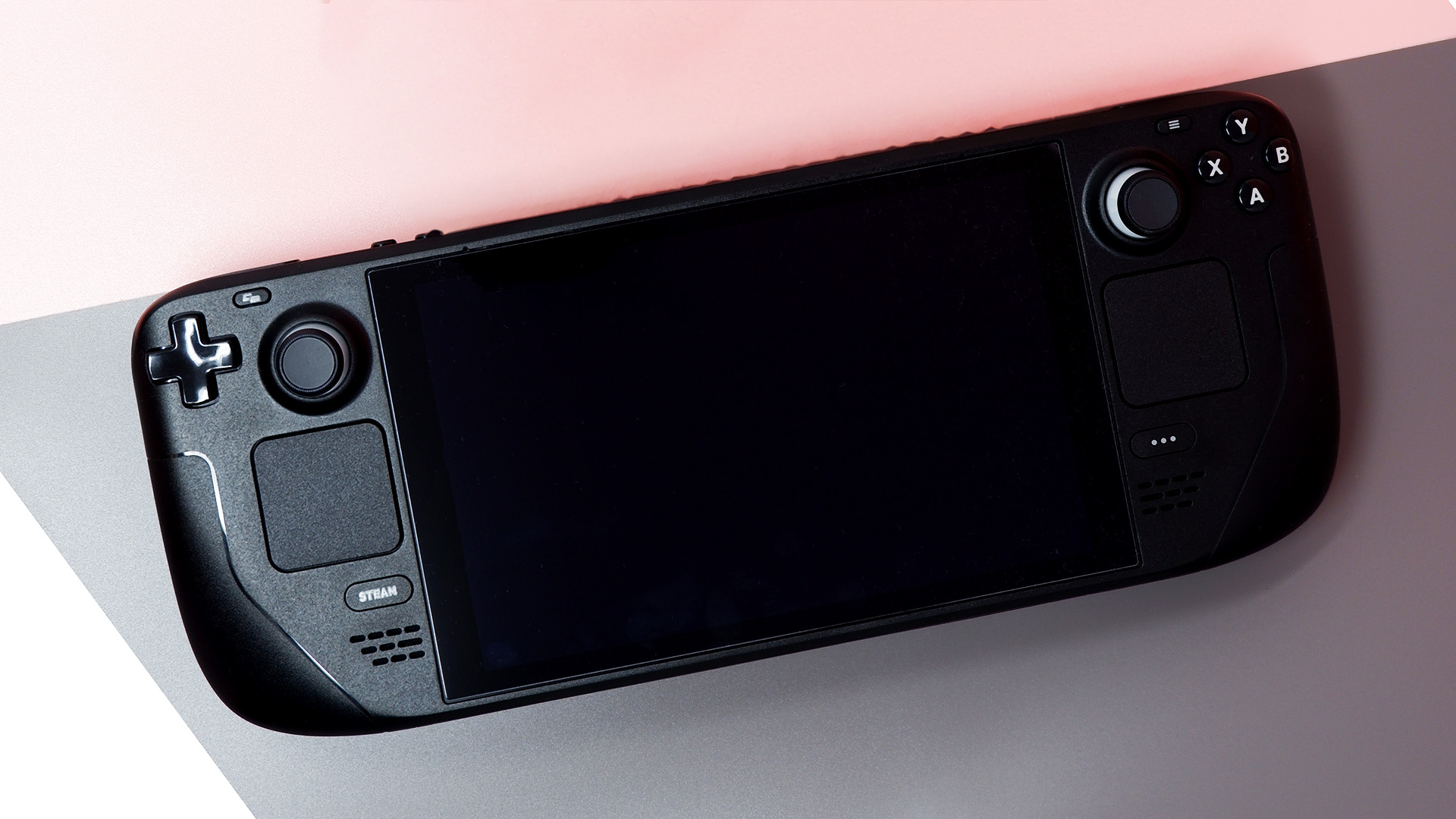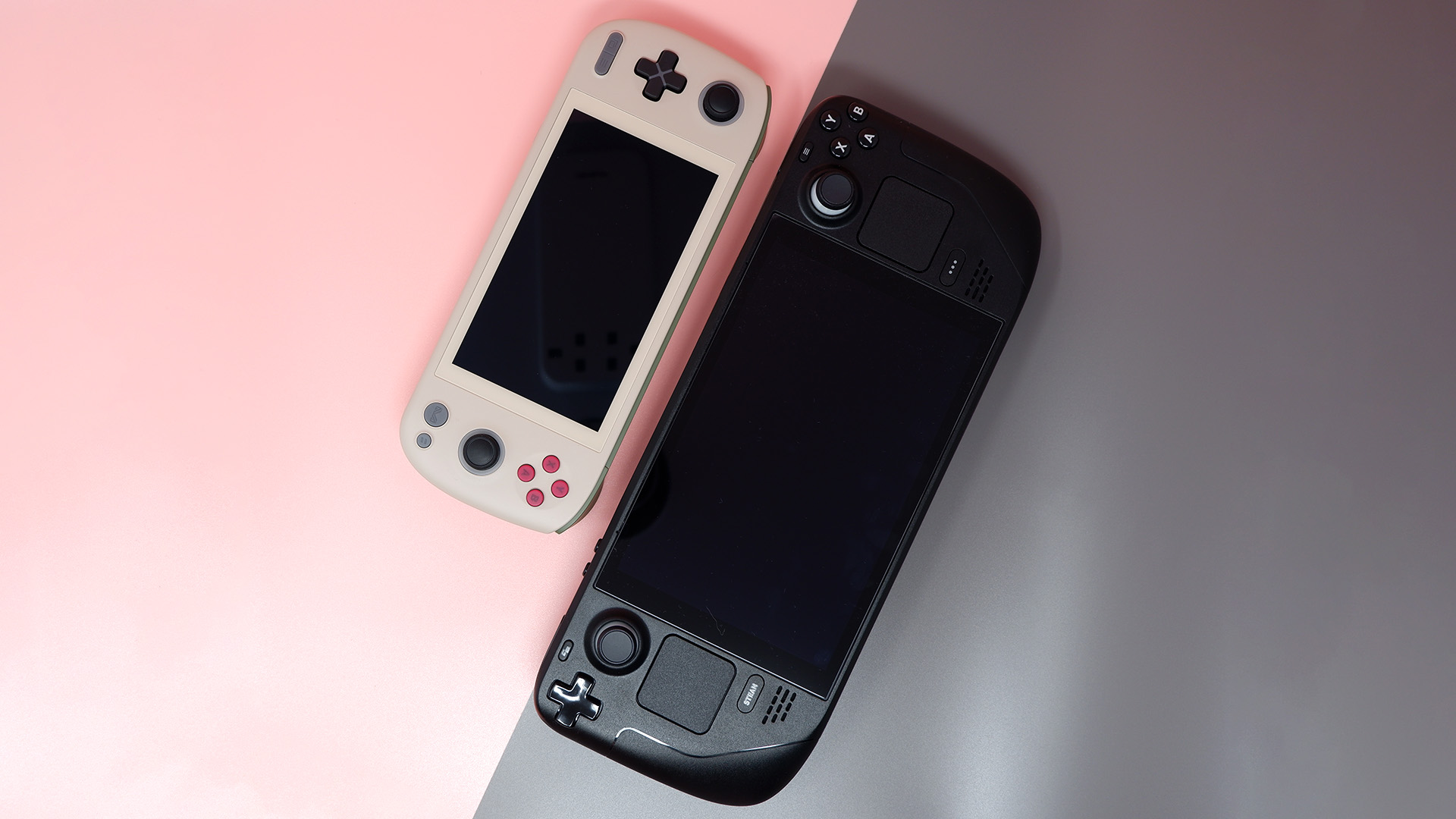The Steam Deck's budget price tag is the reason I still rate it nearly two years on
PC gaming needed a budget champion and the Steam Deck filled that role at just the right time.


This month I've been playing: Alan Wake 2. Good lord this game is pretty. A proper glimpse at the future of videogame visuals, though you need some beefy Nvidia hardware to get it looking its best. Not only that, it's an absolute blast to play.
This week I've been testing: This year's Zephyrus G14 from Asus. The new gaming laptop packs fresh silicon from Nvidia and AMD, though the exact model I tested was surprisingly overpowered for my liking.
It's a dog-eat-dog world out there for PC hardware. For a brief moment, a new product is all anyone can talk about. Then something else arrives and boots it out of the limelight. With the arrival of more powerful handheld gaming PCs—such as the ROG Ally, OneXFly, and Air 1S—you'd think we'd have forgotten about the lil' Steam Deck that brought these devices into the public eye. But no, it's stuck around as a great pick. And for good reason.
The Steam Deck may be the slowest, and the lowest resolution, PC handheld available today. It might even be the ugliest—I say that as the owner of a minutely modded Steam Deck that I very much enjoy. But I'll be damned if it isn't the cheapest handheld gaming PC going, and that is a strength that no other handheld has been able to match, or ever even attempted to match.
You can pick up the cheapest 64GB Steam Deck today for $399, though there are often sales to bring the price down a further 10%. Refurbished Steam Decks also go for less, if you can actually find one in stock.
Valve's focus on affordability has kept the Steam Deck a viable option for 18 months since its release. The closest we've seen in a rival for the Steam Deck's price is the ROG Ally, which has since launched in a more affordable flavour for $600. But it's still $600 to the cheapest Steam Deck's more palatable price tag of $399—and the $600 ROG Ally never really made much sense.
The most recent addition to the handheld market is the Lenovo Legion Go, and that's at least a $699 device—the kind of price that makes you think long and hard about whether you actually need a handheld gaming PC.
The Steam Deck, however, has become the most affordable way to get into PC gaming, and arguably the best way on a shoestring budget.
A PC going for as little as $399 is pretty much unheard of right now. When the Steam Deck was first announced in 2021, cheap gaming PCs were seemingly gone forever. Now you could probably find a great gaming PC deal (shameless plug) but nothing close to the value of Valve's compact handheld.
Keep up to date with the most important stories and the best deals, as picked by the PC Gamer team.

Alright, you'll have to learn Linux if you really want to use this as a desktop replacement. And you'll need to splash out on a dock and some peripherals, even a monitor if you don't have one, to really use it as a fully-fledged gaming PC. Yet its primary goal is to offer up passable performance for many of your games in your Steam library, in handheld mode, and it does that job very well without all the bells and whistles that other handhelds offer in exchange for more cash.
I've never really felt at a loss for performance on the Steam Deck, either. That's not to say it's surprisingly powerful or anything. It's not. But I use it primarily as an indie machine and for that purpose its little AMD GPU that could does a splendid job. For more demanding games, I'm opting to stream them over GeForce Now (though I will note the Deck is still at a loss for an official GeForce Now app).
But why hasn't anyone else tried to copy the Steam Deck properly? I don't mean just a handheld gaming PC, a cheap handheld gaming PC. I don't think if it's necessarily just that Valve can make such an affordable device a reality—even if it is uniquely situated in ways to build a Linux machine and get developers on board—at least a few big hardware corpos could do something similar decently well. Maybe the opportunity to upsell a bigger, badder handheld was just too appealing to ignore for its rivals, like moths to a flame. That's meant that the Steam Deck stands pretty much alone as the only budget PC handheld today, and we've loads of PC handhelds all powered by the same AMD chip competing for your business in the higher-end market.
Funny, that.
From specs alone, the Steam Deck should have faded into the background with the launch of more capable devices. However, it's still so damn good for the money; it's still impossible to ignore.

Jacob earned his first byline writing for his own tech blog. From there, he graduated to professionally breaking things as hardware writer at PCGamesN, and would go on to run the team as hardware editor. He joined PC Gamer's top staff as senior hardware editor before becoming managing editor of the hardware team, and you'll now find him reporting on the latest developments in the technology and gaming industries and testing the newest PC components.

